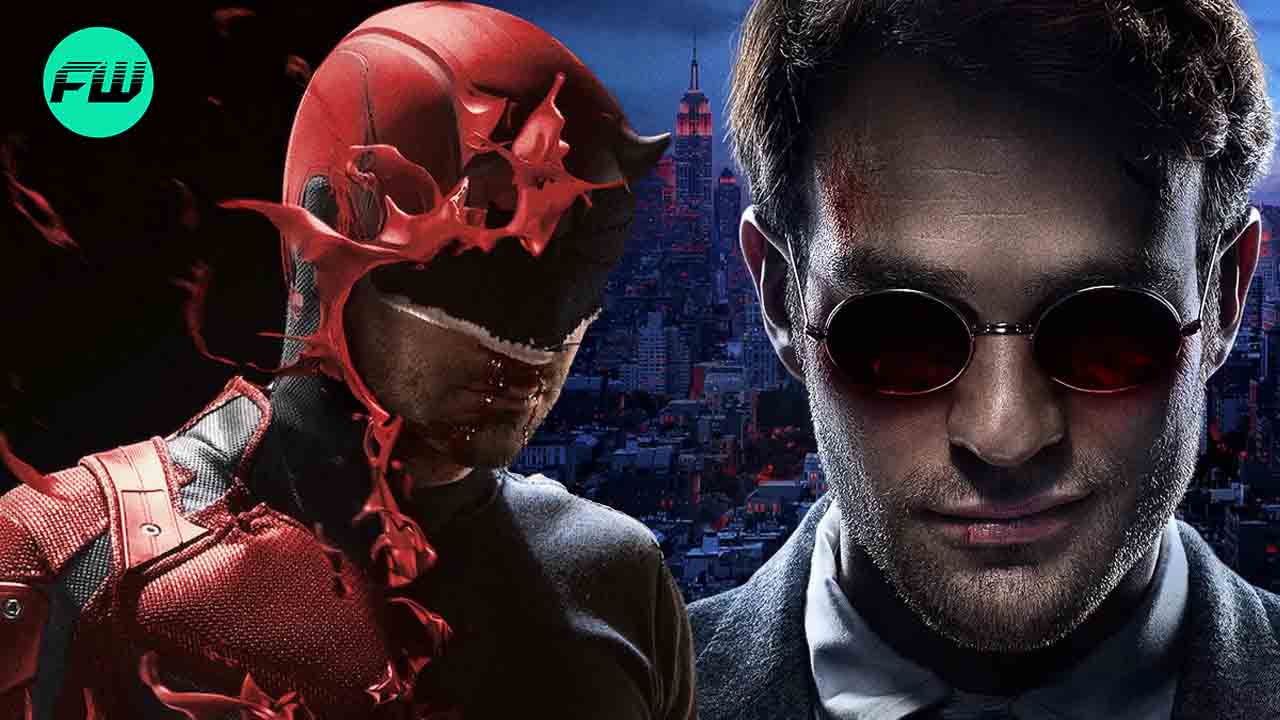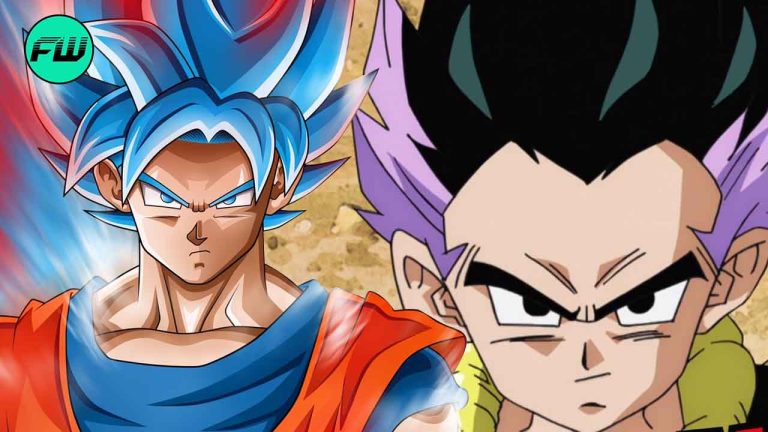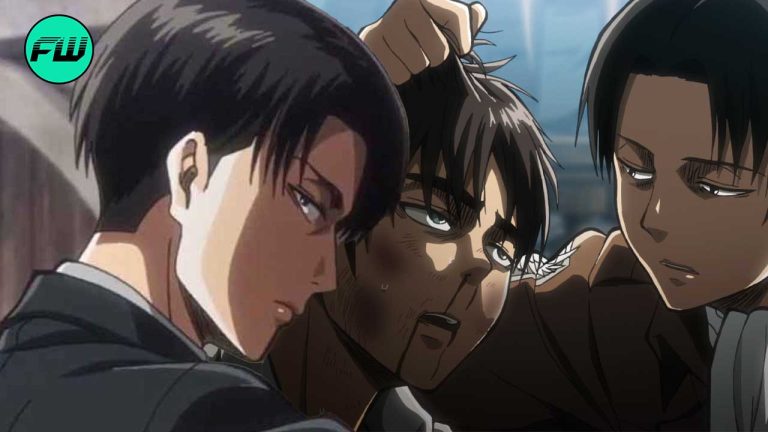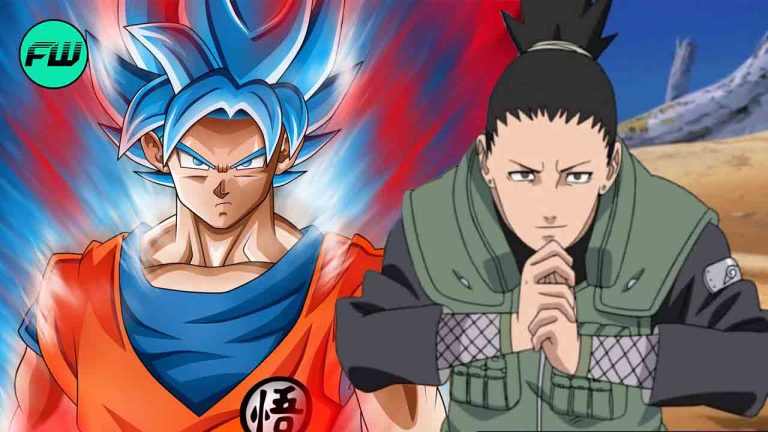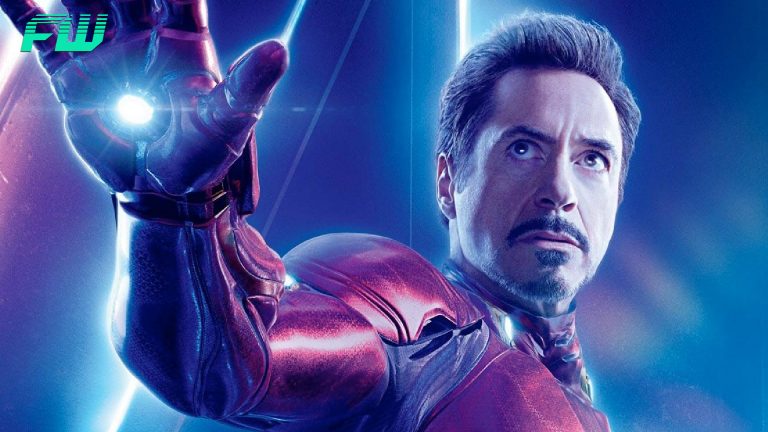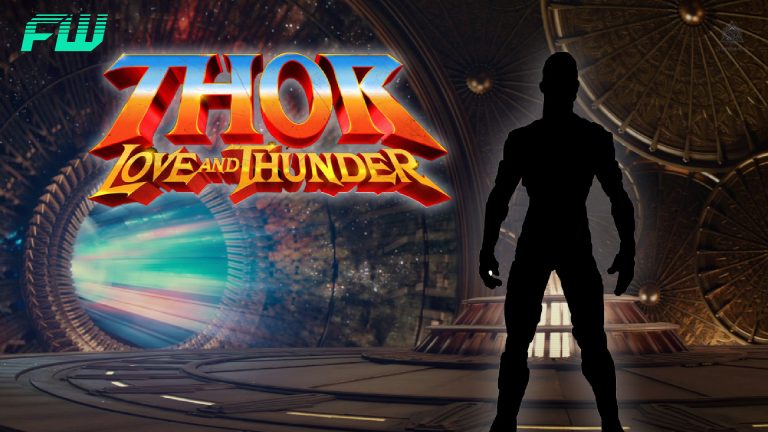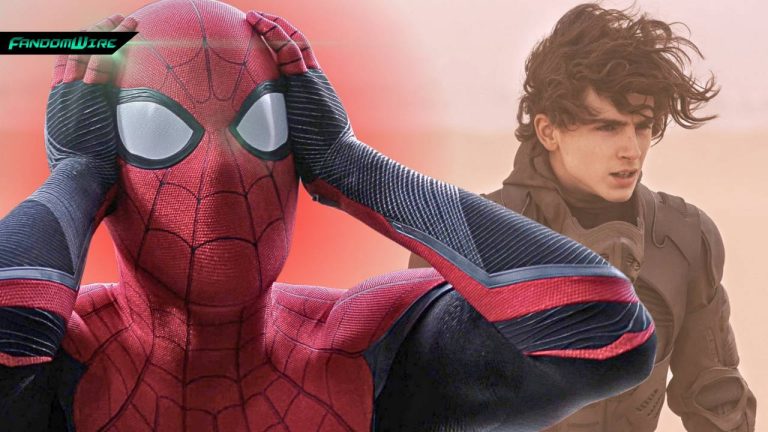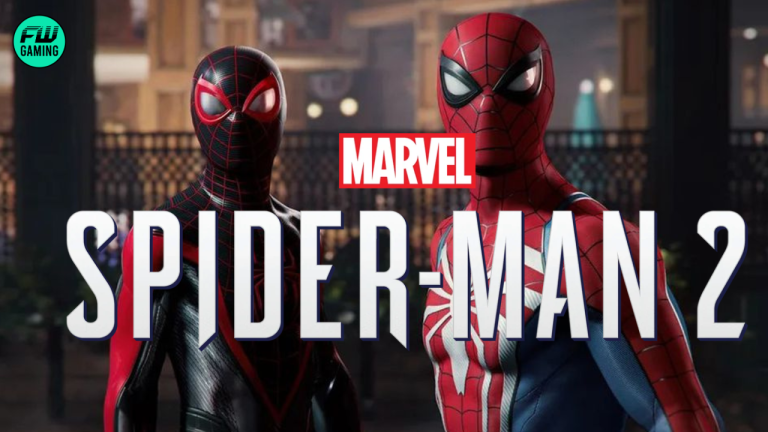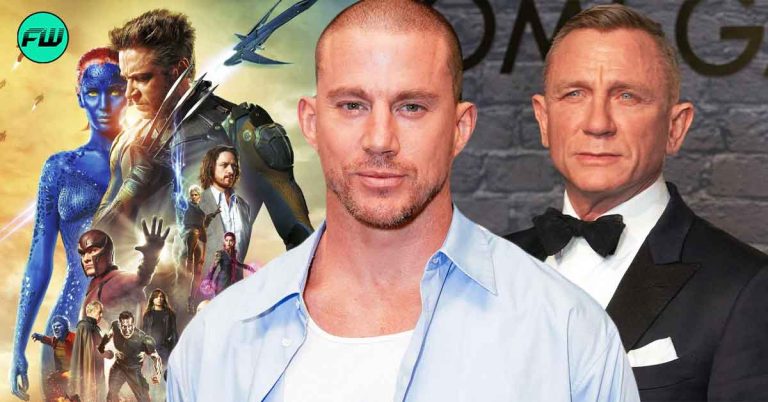I completed a marathon watching the principal period of Netflix’s Daredevil. It stunned me that I was just barely finding how extraordinary the idea of this specific saint is. Between a superhuman with abilities and aspirations outside his supersona; a miscreant who is really sympathetic and frightening simultaneously; a supporting cast that is just as exciting as the fundamental legend; and a story that feels fair and exceptional without floundering in its own apprehension. Daredevil demonstrates that all around trample an area of the hero history can feel crisp, captivating, and beneficial.
Daredevil’s Charismatic Personality

It made me can’t help thinking about why I didn’t hook onto the personality of Daredevil previously. I borrowed a duplicate of the film out of the web ether, tingling to see what I missed. I presently have a pristine regard for the Daredevil TV show. Since that film is horrible and the Daredevil show obviously profits by the progression of time.
His change from a befuddled visually impaired youngster to sonar kung-fu ace is given under five minutes of screen-time. That is not exaggeration. Matt goes blind not long before the brief imprint. By minute thirteen he’s doing handstands on the edge of a rooftop. He then reverse flip kicks menaces in the face. It imparts none of the battle and assurance that makes him such a perplexing and fascinating grown-up. The show uses it to incredible impact in building up what his identity is.
His relationship with his dad settles the score less consideration, as Pop Murdock casually makes reference to he doesn’t need Matt battling individuals (a fabulous complete of once, with a superficial clarification concerning why) before he does a not really good or bad reenactment of the Wayne guardians’ death and is absolutely neglected. Toward the finish of the initial fifteen minutes we don’t know anything about Matt Murdock with the exception of that he’s a progression of hero platitudes stacked on top of one another, and he can kick hard.
The Daredevil TV show
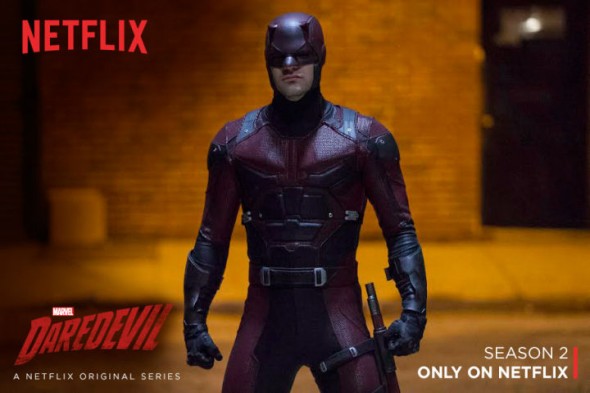
While there’s evidently no an ideal opportunity to clarify how Matt is familiar with Kingpin (played by the late Michael Clark Duncan in one of the film’s couple of good exhibitions) for sure the obnoxious scalawag has done to Hell’s Kitchen in the twenty-odd years since Pop Murdock’s passing (it just… never comes up), crowbarring in an unnecessary battle among Daredevil and Elektra involved most extreme significance. The show attempts to characterize Daredevil by why makes him novel. But, the film is a progression of activity film distraught libs given life.
Fortunately, the show is basically all that the film isn’t – where the film goes to extraordinary torments to ensure 75% of the runtime includes somebody getting kicked in the face, the show dials down the face-kicking to something like 33%, dedicating the remainder of its space to character and plot improvement.
The Daredevil TV show is, blessedly, a result of now being the ideal time. Where the film was conceived out of the social scene of the mid 2000’s, the point at which the new rush of comic book motion pictures was as yet youthful and each film needed to be The Matrix, the show has benefited altogether from Marvel’s present peculiarity-and-character ethos. As it were, Daredevil is the most clear illustration of how far superhuman creations have come in the course of the last ten years and a half – less scoundrels with targets cut into their heads, more shawarma (or Daredevil’s same, drinking the eel). So when Daredevil season 2 debuts this week, stepping into that unsure domain that comes after the history, I realize I’ll basically see the value in how far Matt Murdock has come. Just never at any point, notice the watchman villain again.

